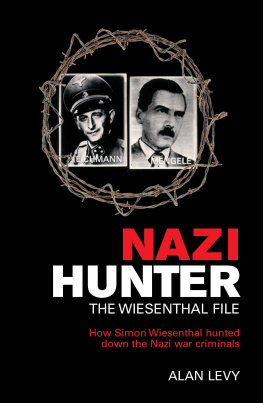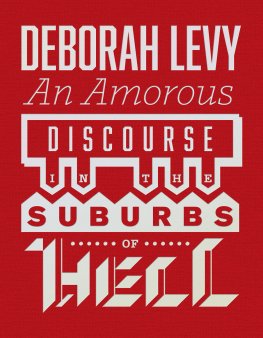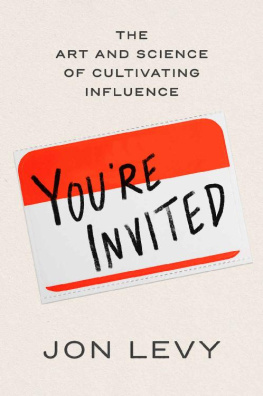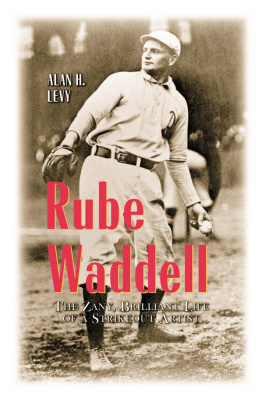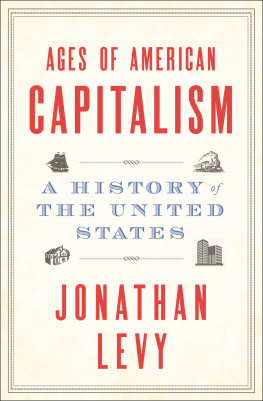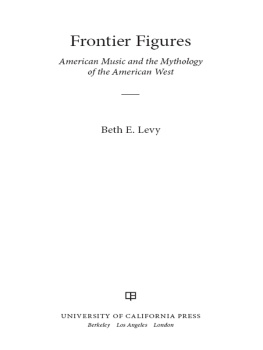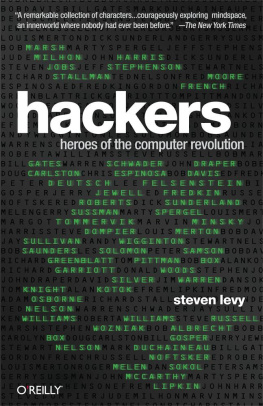To Saddle & Irwin Wladaver, who left early,
and to Alexander Dubek, who stayed,
and to Jirka litr, Jo, To Jsem Jet il
Since my narrative has always been framed in quotations from Kafka, I would like to recall the words with which he opened The Trial Somebody must have been telling lies about Joseph K., for without having done anything wrong he was arrested one fine morning. as I dedicate this updating to playwright Vclav Havel, jailed and convicted of sedition in Prague, 1979.
When all of Czechoslovakia was forced to denounce Havel and his cosigners of the Charter 77 declaration of human rights without being allowed to read it, not even Kafka could have invented the Minister of Interiors official explanation: If we published this Charter, ninety-percent of those who read it would fall into a trap and agree with its text.
May this silenced majority, whose spokesman Vclav Havel dared to be, one day fulfill the new title of this book.
Vienna, Austria: 1980
Chapter 1
Thursday 14 April 1966
Friday 7 July 1967
I took my family rowing on Central Park Lake the day I broke the news to them that we would be moving to a magic yellow city with a hundred gold spires and tiny blue cobblestones that workmen hammered back into place every morning. It was the summer of 1967 and Erika, two going on three, wanted to know: Will we be able to see the Empire State Building at night?
Not even by day, I said. But I quickly added that every day they would be able to visit a real castle or choose among four fulltime puppet theatrestwo of which were perhaps the best in the world. Every hour, in fact, they could see a Town Hall clock whose twelve mechanical apostles, on a turntable, come out to toll the time while a skeleton clangs a small gong, an elderly courtier nods sagely, and a rooster crows. I even related the ghastly legend (more true than untrue) of the fifteenth-century craftsman who made that clock for an Emperor of Bohemia. The Emperor so admired it that, to prevent his unique masterwork from ever being duplicated, he had the clockmakers eyes put out. The clockmaker outlived the Emperor and, when his own day of reckoning neared, he petitioned the Emperors son to let him touch his clock once more before dying. The old man was carried to the clock. He passed his hands over it just onceand the clock stopped for two centuries.
But now it works, I assured both my daughters. Then I told them that the Czech schools didnt bus you there. You were called for by a special trolley that had potty seats.
This was an unabashed pitch to Monicaat three going on four, the opinion-makerin the hope that Erika would follow. Our rowboat drifted with oars locked and resting. Erika puckered at the enormity of a two-year-olds precious routine being upended, but Monica nibbled at the bait.
I would like to ride on that trolley, she announced. But is this the boat were taking to Prague?
Before I could answer, my wife Valerie cried: Watch your head, Daddy! Were in a tunnel and going on the rocks!
I ducked and lunged for the oars. I didnt know it then, but from that moment on, we were Czechoslovaks, paddling upstream in a flimsy vessel amidst the tides and glaciers of steel that seem always to engulf dreamers in darkness.
With Monica born in late 1963 and Erika in late 1964, the base for the dream began to sprout prerequisites. My own standards were threefold: a beautiful city (we are neither suburbanites nor islanders) where my neighbor would NOT be an American writer (I had long wanted to come to grips with the English language in a semi-private confrontation undissipated by incessant cocktail chatter) and where the cost of living would be less than that of New York, Paris, or London. (In 1962, as a childless couple in Manhattan, our break-even income was $6,000 a year; by 1967, as a family of four, it was somewhere between $15,000 and $18,000.)
But why Prague? Why us?
In the spring of 1966, I was thirty-four and had not yet found the city of my dreams when I was handed a plane ticket from JFK to PRG. (Pan-Am and Air India already had regular one-stop jet flights between New York and Prague.) My benefactors were the Friends of the Cincinnati Orchestra who, in the interests of publicity, had invited me to be their guest on a packaged charter-flight Culture Tour of Eastern Europe. I wound up my assignments, filed my income tax returns, kissed my family goodbye, and flew to the first destination, Prague, a week ahead of the Cincinnatians. Thus, I would be on hand to welcome them to Prague and could then travel with them to Bratislava, Vienna, Budapest, Moscow, and Leningrad (though the International Air Transport Associations affinity rules insisted that I must part from the charter flight in Helsinki and take scheduled transport across the Atlantic).
I landed one night at Ruzyn Airport, whose International Passenger Terminal was a wooden shed. Ruzyn looked like one of those grisly Arctic refueling bases of the pre-jet age, but you knew you werent at Gander or Goose Bay when the roof lit up with a neon red star alternating with a hammer and sickle. A taxi took me to the Hotel International, a dour Stalin Gothic mausoleum built in the 1950s at the wrong end of the number 18 tram line, almost an hour from the center of town. The International was not a bad place for sleeping, but its only sparkle came from an East German automatic shoeshine machine with instructions in seven languages. The directions in English began: 1. Insert the coin. 2. Lift a little the feet.
There was more promise however, in a message to call Milo Forman.
A mutual friend in New York had sent a letter of introduction to Jn Kadr on my behalf. But Kadr, ironically, was in Santa Monicawhere, a few days later, he would accept the Oscar for the best foreign-language film.* With Number One away, Czechoslovak Filmexport had simply turned the letter over to Number TwoForman, whose Loves of a Blonde had just started on its Continental rounds. It was proving to be to the youth of Europe what The Catcher in the Rye once was to a generation of young Americans.
Formans telephone was out of order when I tried to call him, but he knocked on my hotel door early the next morning and introduced himself. He was determined to show that Pragues film industry was not inhospitable to Western visitors.





